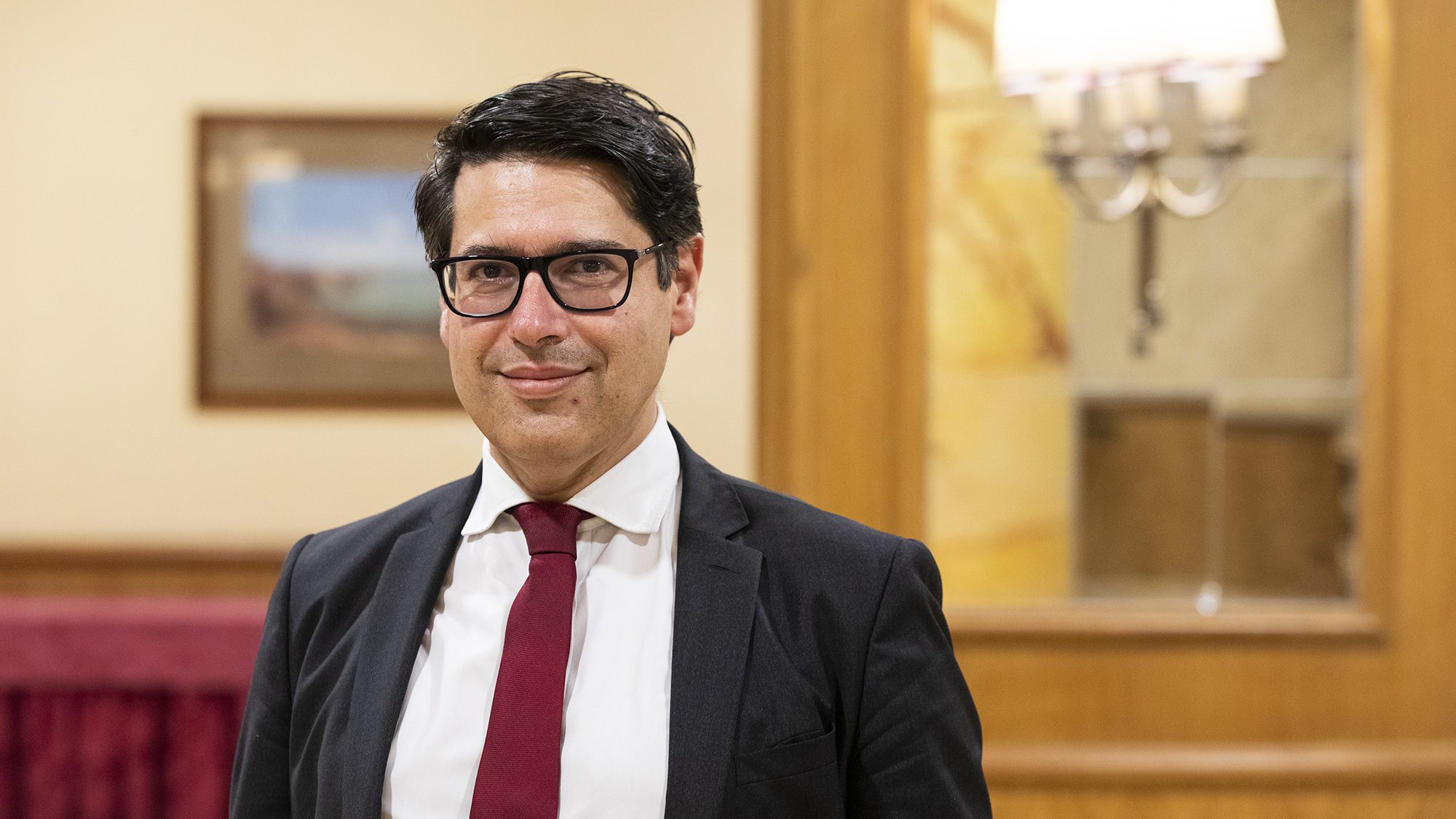Portugal climbs to 16th in EU digital ranking
Portugal has climbed three places in this year's Digital Economy and Society Index (DESI), and now ranks 16th out of the 27 member states.
Portugal has climbed three places in this year’s Digital Economy and Society Index (DESI), and now ranks 16th out of the 27 member states, according to the report published this Friday by the European Commission.
Adjusted this year “in order to reflect the two main policy initiatives with an impact on the EU’s digital transformation in the coming years”, namely the Recovery and Resilience Mechanism and the Guidelines for the Digitalisation of Europe in the next decade, the DESI is now composed of 33 indicators around four dimensions (human capital, connectivity, companies and public services), with Portugal having recorded increases in absolute terms in 13 of them compared to last year.
The report highlights that, “on human capital, Portugal significantly increased the proportion of ICT specialists, bringing the figure close to the EU average.”
“Portugal performs below the EU average on basic digital skills but has a higher share of individuals with above basic digital skills,” the document refers, adding that “the share of female ICT specialists” in Portugal, at 22%, “exceeds the EU average” of 19%.
The European Commission considers that “on connectivity, Portugal performs well in VHCN (very high capacity network) and fast broadband coverage,” but warns that “additional effort would ensure that VHCN coverage and mobile broadband take-up reach all households, including those in rural areas.”
“Portugal’s leap from 56% to 63% in at least 100 Mbps fixed broadband take-up places it far ahead of the EU’s 34% average. However, it lags behind on mobile broadband take-up,” the report says.
According to Brussels, “stepping up efforts on very high capacity networks coverage and mobile broadband take-up would ensure outreach to all households, including in rural areas”. “Delayed spectrum assignment is a barrier to 5G deployment, but the auction of the main pioneer bands is under way and is likely to increase Portugal’s 5G readiness within the year,” the document reads.
At a company level, the report notes that “the proportion of Portuguese enterprises with at least basic digital intensity stands at 51% versus an EU average of 60%,” but, on the other hand, “they exceed the EU average on the use of ICT for environmental sustainability, SMEs selling online, and AI use.”
The Commission underlines that “enterprises using cloud services have increased from last yearr” and “Portugal is among the EU leaders in digital public services”, performing above the EU average for the use of online pre-filled online forms and digital public services for the public and businesses.
The number of users of e-government services increased to 57%, but remained below the EU average of 64%, the report points out.
“Improving digital skills remains a national priority as reflected in its recovery and resilience plan (RRP), which includes initiatives for various population groups.”


